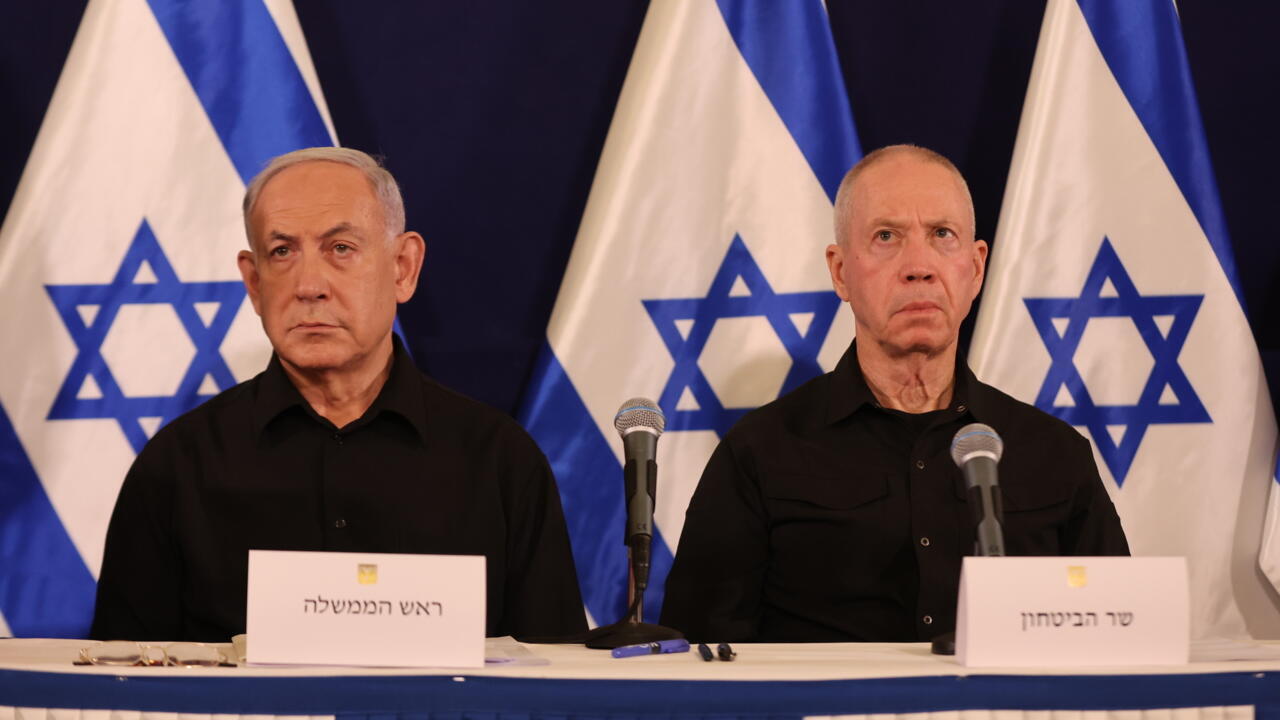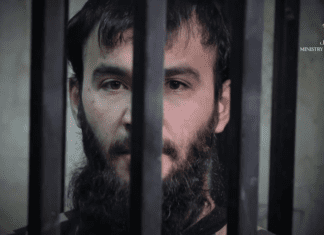
The International Criminal Court (ICC) announced on Thursday that it has issued arrest warrants for Israeli Prime Minister Benjamin Netanyahu and former Defense Minister Yoav Galant. The court accuses the two leaders of committing war crimes and crimes against humanity during Israel’s military operations in Gaza.
The ICC stated that the Pre-Trial Chamber unanimously rejected appeals from Israel and approved the warrants under Articles 18 and 19 of the Rome Statute, the court’s foundational treaty. Notably, the court emphasized that Israel’s non-acceptance of its jurisdiction does not preclude such decisions.
The arrest warrants, initially classified as secret to protect witnesses and maintain the integrity of investigations, were partially disclosed because the court believes that ongoing acts similar to those described in the warrants warrant public awareness.
The ICC alleges that Netanyahu, 74, and Galant, 65, bear responsibility as co-perpetrators for crimes including the war crime of starvation as a method of warfare, as well as the crimes against humanity, and of murder, persecution, and inhumane acts. Both leaders are also accused of directing deliberate attacks on civilian populations.
The charges stem from actions carried out between October 8, 2023, and May 20, 2024, the period during which Israel launched a large-scale military campaign in Gaza. According to the ICC, Israeli forces knowingly deprived Gaza’s civilian population of food, water, fuel, and medical supplies – actions deemed essential for survival.
Thursday’s developments also included an ICC warrant against Muhammad Deif, the commander of Hamas’s Qassam Brigades, for war crimes and crimes against humanity targeting Israelis. This follows earlier warrants requested by ICC Prosecutor Karim Ahmad Khan in May, which named Netanyahu, Galant, and senior Hamas officials including Yahya Sinwar and Ismail Haniyeh. Hamas welcomed the ICC’s decision regarding Netanyahu and Galant but dismissed the charges against Deif. Meanwhile, the US government strongly criticized the court’s actions.
Netanyahu condemned the ICC’s decision, calling it a “heinous attack” against Israel and vowing to continue defending the country “by any means necessary.” Galant warned that the warrants could set a “dangerous precedent” for democracies “combating terrorism.”
The US expressed “categorical rejection” of the court’s move. A State Department spokesperson criticized the ICC’s legal process, citing “procedural errors” and what it described as “a hasty decision.”
European responses were mixed. EU foreign policy chief Josep Borrell emphasized that ICC rulings are binding on member states, while individual countries such as France, Britain, and Norway issued cautious statements affirming respect for international law but did not confirm whether they would act on the warrants. Turkey and Jordan, however, supported the ICC’s decision. Jordanian Foreign Minister Ayman Safadi said the move was a step toward justice for Palestinians.
The ICC’s decision underscores growing international scrutiny over the conflict in Gaza, where thousands of civilians have been killed and displaced. The warrants represent a bold legal move with uncertain enforcement prospects, as Israel does not recognize the ICC and has vowed non-cooperation.
The developments have also reignited broader debates over accountability for war crimes in the Israel-Palestine conflict, with international organizations urging impartial investigations and justice for victims on both sides.








